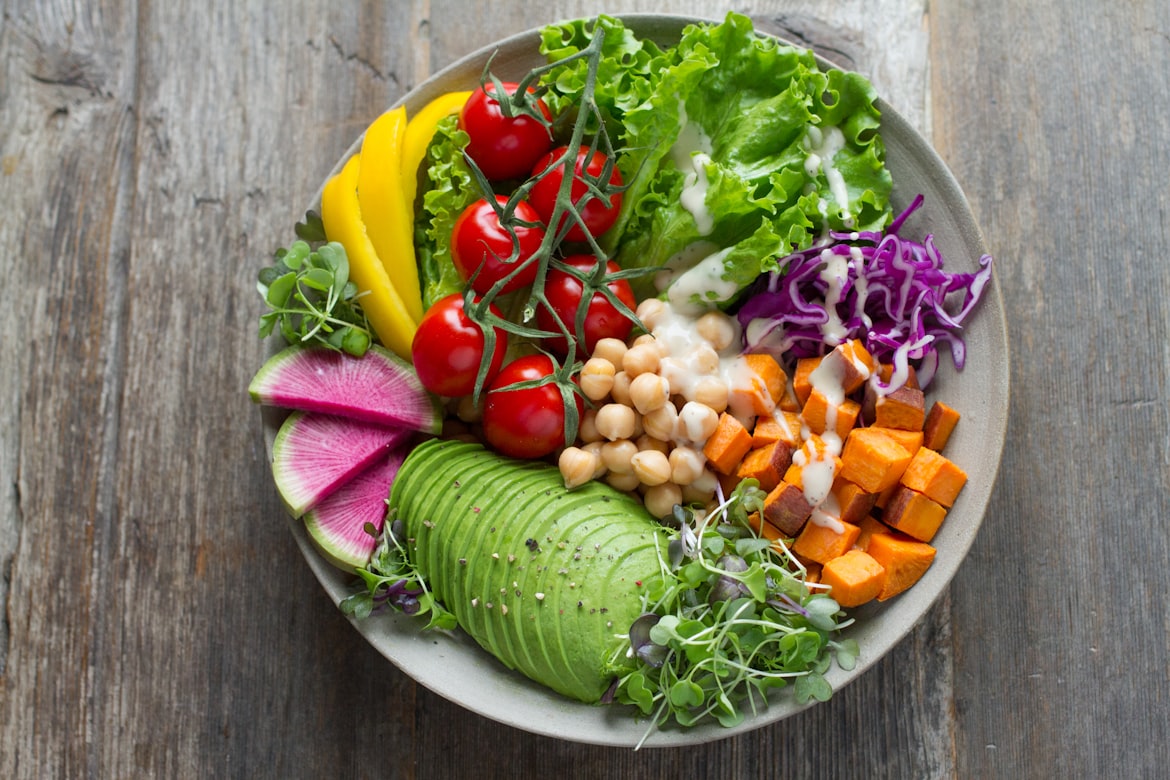Whether you're a vegetarian, vegan, or just looking to reduce your meat consumption, getting enough protein from plant sources is entirely possible. This guide will walk you through the best plant-based protein options and how to incorporate them into your diet.
Complete Protein Sources
Quinoa
With about 8 grams of protein per cooked cup, quinoa is a rare plant food that contains all nine essential amino acids. It's also rich in fiber, magnesium, and iron.
Soy Products
Tofu, tempeh, and edamame are all excellent sources of complete protein. Tofu contains about 10 grams per ½ cup, while tempeh offers around 15 grams for the same amount.
Buckwheat
Despite its name, buckwheat is not related to wheat but is a seed that provides about 6 grams of protein per cup when cooked.
Other Excellent Plant Protein Sources
Legumes
Beans, lentils, and peas are protein powerhouses. One cup of cooked lentils provides about 18 grams of protein, while black beans offer around 15 grams per cup.
Nuts and Seeds
Almonds, pumpkin seeds, chia seeds, and hemp seeds are all rich in protein and healthy fats. Hemp seeds provide a substantial 10 grams of protein in just 3 tablespoons.
Seitan
Made from wheat gluten, seitan contains about 25 grams of protein per 3.5 ounces, making it one of the richest plant protein sources. However, it's not suitable for those with gluten sensitivities.
Combining Proteins for Complete Nutrition
If you're relying on incomplete protein sources, combining different plant foods can ensure you get all essential amino acids:
- Grains + Legumes (rice and beans, hummus with pita)
- Nuts/Seeds + Legumes (peanut butter sandwich, roasted chickpeas with sesame seeds)
Sample Meal Plan
Breakfast: Overnight oats with chia seeds, hemp seeds, and almond butter
Lunch: Buddha bowl with quinoa, roasted vegetables, chickpeas, and tahini dressing
Snack: Apple slices with peanut butter
Dinner: Lentil pasta with tempeh bolognese sauce and nutritional yeast
By incorporating a variety of these protein sources throughout your day, you can easily meet your nutritional needs while enjoying delicious, plant-based meals.
